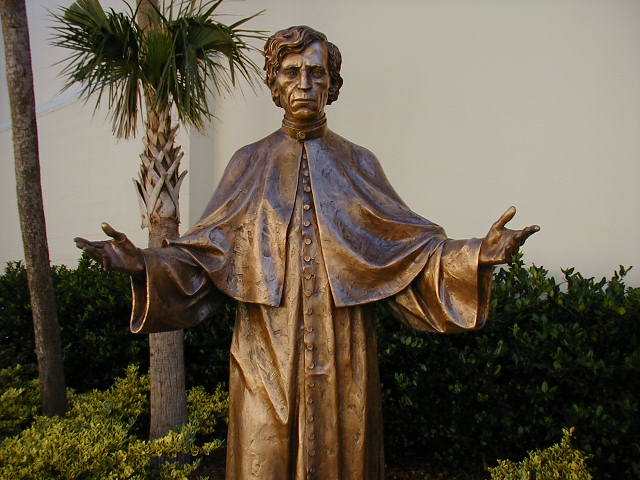
Félix Varela y Morales (1787-1853). Havana born priest and philosopher. Father Varela studied at the Colegio y Seminario de San Carlos, where he became a priest and professor of philosophy as the protégé of Bishop Díaz de Espada. Many of his students, including José Antonio Saco and José de la Félix Varela y Morales (1787-1853). Havana born priest and philosopher. Father Varela studied at the Colegio y Seminario de San Carlos, where he became a priest and professor of philosophy as the protégé of Bishop Díaz de Espada. Many of his students, including José Antonio Saco and José de la LFélix Varela y Morales (1787-1853). Havana born priest and philosopher. Father Varela studied at the Colegio y Seminario de San Carlos, where he became a priest and professor of philosophy as the protégé of Bishop Díaz de Espada. Many of his students, including José Antonio Saco and José de la Luz y Caballero, achieved intellectual distinction. He favored modern doctrines and pioneered explicative teaching to replace Scholasticism’s rote memorization. He also secured the acceptance of Spanish instead of Latin as the language of instruction. Popular with his students, he sympathized with their liberal ideas and dislike of Spanish absolutism. As a Creole intellectual, he was unique in his vocal opposition to slavery. Elected to the Spanish Cortes in1821, he achieved distinction as a liberal reformer, advocating a more benign rule over the remaining colonies. When Ferdinand VII recovered personal power in 1823, Varela was forced into exile in the United States, where he published the pro independence El Habanero. For this he is considered the first Cuban to advocate a complete separation of Cuba from Spain. His writings include: Ideario cubano; Instituciones de filosofía ecléctica (1812-1814), Apuntes filosóficos (1818), and Lecciones de filosofía, and the literary works Cartas a Elpidio, Cartas eruditas, and Teatro crítico universal. The University of Havana collected his Miscelánea filosófica in 1944.








